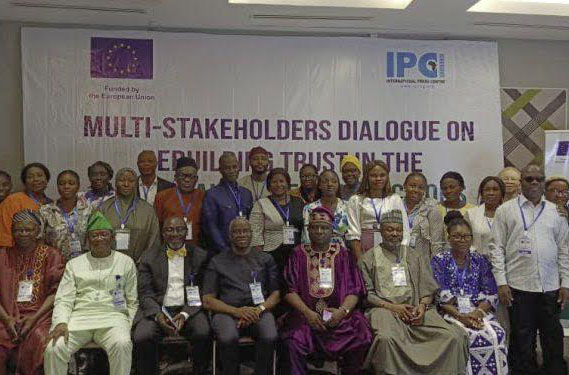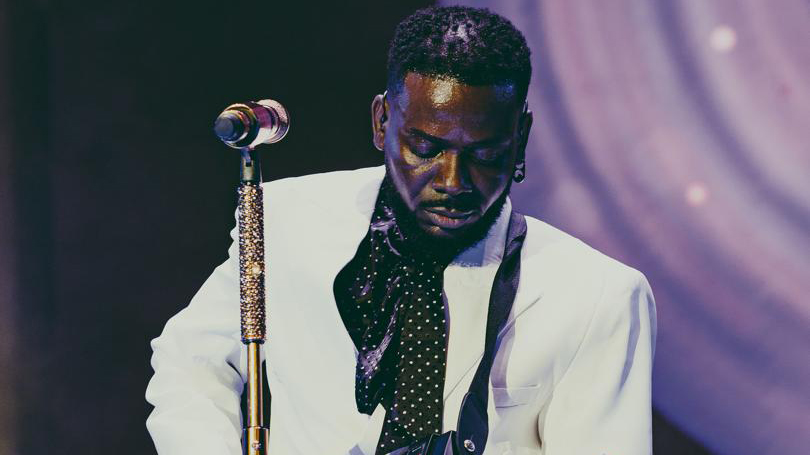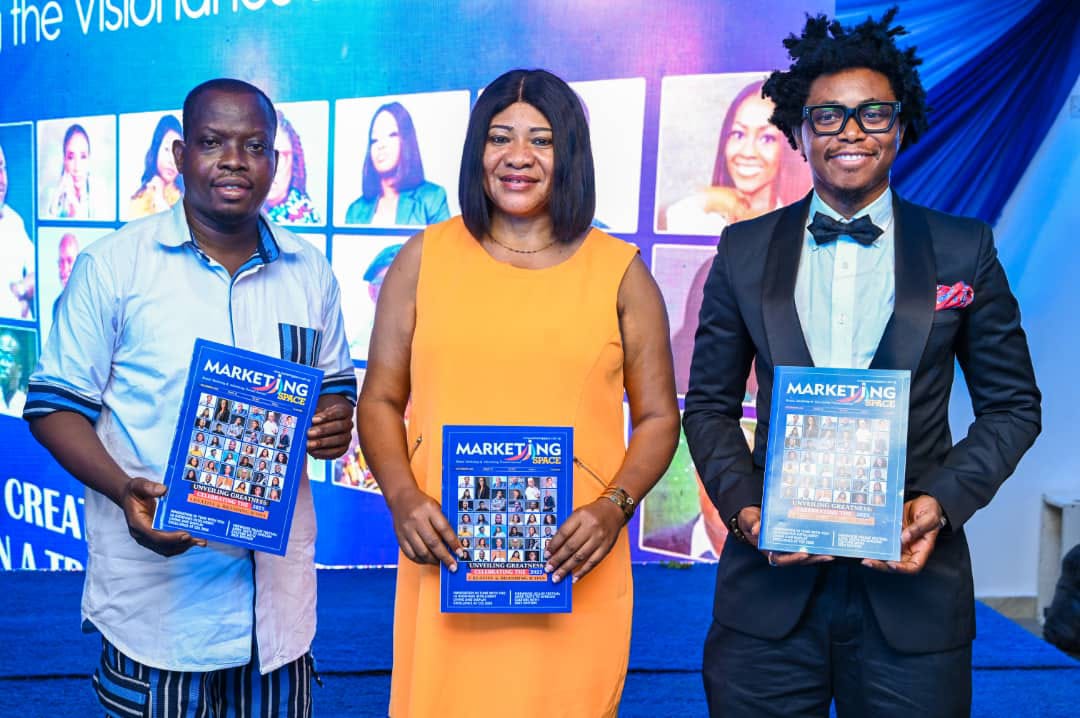
National Broadcasting Commission (NBC) Director General, Charles Ebuebu and Professor of Peace and Strategic Studies University of Ibadan, Isaac Olawale Albert, recently admitted the role of media in rebuilding trust in electoral process cannot be over-emphasized.
They spoke at a multi-stakeholder dialogue on ‘Rebuilding trust in the electoral process, institutions and elections’, organised by the International Press Centre (IPC) in Lagos.
The conversation had in attendance participants from the media, Independent National Electoral Commission (INEC), academia and civil society organisations.
Ebuebu, who was represented by NBC Zonal Director Lagos, Ralph Akpan, noted, “as regulators, we are committed to combating the spread of misinformation and hate speech. The media wields immense influence in shaping public discourse. It serves as watchdog in ensuring accountability and transparency in electoral process. However, the power comes with great responsibilities. The media must provide accurate and balanced view of elections and electoral events.
“The NBC, in review of the last election, empirically established in 2011, there were incessant violations of broadcast codes in the area of balanced coverage and equitable allocation of airtime to participating political parties. In 2015, violations of the code were recorded in the broadcast of hate speech and fake news across platforms. In 2019, the commission recorded deep partisanship by media while in 2023, infractions in the codes were observed. There were adverts with unfair remarks and personal attacks on candidates. In 2023 elections, NBC recoded 782 violations.”
In his presentation, Prof. Albert observed without trust in the electoral process, democracy is a facade. Speaking on the topic: ‘Deepening commitments for multi-stakeholder collaboration in rebuilding trust in the electoral process and institutions’, the don advised journalists to be honest; never spin stories; must never be a pest; must be responsive to their inquiries and keep their promises.
On how journalists can earn trust, he stressed the need to identify misconceptions and assumptions; understand research and polls; evaluate and respond to user feedback.
Concerning social media influencers, he advocated building credibility and trust; enriching content strategy; developing win-win partnership; generating high-quality leads; increasing brand awareness and unlimited sharing potential.
To the don, among the many anomalies and contradictions in the last general elections include, high registration and low turnout; a popular third-party candidate, and an electorate less polarized by region, ethnicity, and religion than at any time in the last 24 years. “The biggest puzzle, though, was why violence was so low, despite so many evident, proximate conflict drivers. The answer may be in a changing structural context that leaders and practitioners should note and build upon for a more peaceful future.”
Saying commitment to collaboration is possible and works only when everybody has something in the outcomes, he added, “no one track is more important than the other, and no one track is independent from the others. Each track has its own resources, values, and approaches, but since they are all linked, they can operate more powerfully when they are coordinated. Each track operates together as a system.”
He listed principles of collaborations as, relationship, long-term commitment, cultural synergy, partnership, multiple technologies, facilitation, empowerment and action research.
He, however, concluded, there is no alternative to democracy with elections being important in the process, insisting relevant stakeholders must remain committed to ensuring democracy is sustained.
To him, “we need to jointly acknowledge that there is a problem, develop appropriate conditions for solving the problem (group dynamics, perception and attitudes), generate alternative solutions, identify, evaluate and select viable solutions.”
In a similar vein, Election Administration expert, Development Alternatives Incorporated (DAI), Prof. Okechukwu Ibeanu, explained that without trust, there is not much that can be done in the electoral process.
Identifying trust as a fundamental factor in electoral process, he noted, “for trust to exist, there are three important factors; normative framework – a system of rules; secondly, to implement the rules, the people who will implement it must have the well withal to do it, and the third factor is when people decide to do the wrong thing, there must be a robust system of redress to hold them accountable, and there should be a system of rewarding those who have done the right thing.”
Speaking further, he stated,” in rebuilding trust in the elections, election stakeholders will do the right thing and desist from doing the wrong thing, It is about political parties, media, and voters themselves, and whenever the wrong thing is done, they should be sanctioned accordingly.”
On her part, Florence Austin from the Centre for Citizens with Disabilities (CCD) canvassed inclusive and equitable electoral process, adding, “an election is inclusive when it takes cognizance of all aspects of the society, especially persons with disabilities.”
Lagos State Residential Electoral Commissioner, Prof Ayobami Salami acknowledged the organizers, adding, “INEC as an institution values this engagement, we are open to more suggestions and recommendations, and we will continue to review inputs that are targeted at making the electoral process a better one.”
In his welcome remarks, Executive Director, IPC, Lanre Arogundade, said, “it cannot be denied that some contentious issues arising from the 2023 elections have created mistrust among Nigerians. It’s in the public domain that the elections met with some unexpected challenges which ordinarily shouldn’t overshadow its significant milestones including the meticulous preparation and the use of technology for voting via BVAS which remain highly commendable.”
Noting some of the contentious issues in the elections have led to a lack of trust in the electoral process, Arogundade posited that “the task of building trust in the electoral process is a collective responsibility that should be undertaken by all.”
On his part, Executive Director of the Centre for Media and Society (CEMESO), Akin Akingbulu, noted “there are gaps in the process leading into the elections, gaps in the performance of institutions, gaps in the conduct of elections on election day. And if these gaps are not addressed, it would be difficult to rebuild the trust of citizens in the electoral process.”
Akingbulu said it is expected that “stakeholder institutions can continue to make contributions to ensure that our elections are of top and increasing quality, that the process is free, fair, credible and inclusive and that outcomes meet citizens’ expectations all the time.”
IPC is lead implementing partner of Component 4 (Support to Media) under the European Union Support to Democratic Governance in Nigeria Phase 2 (EUSDGN II).






